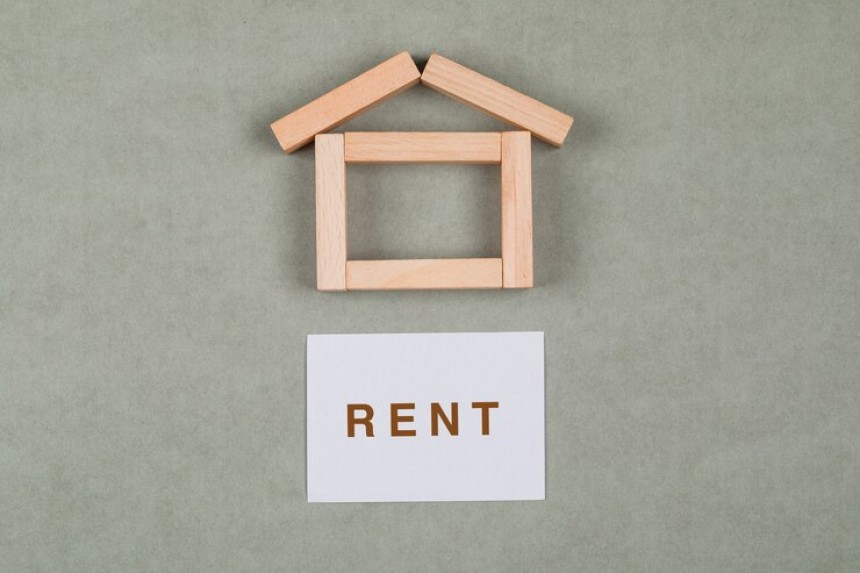
Is $2000 A Good Down Payment On A Car?
Putting $2,000 down on a car is good down payment. It also depends on the overall cost of the car. Your monthly payment will be lower, the more money down.
Whether $2000 is a good down payment on a car depends on several factors, including the price of the car, your financial situation, and your long-term financial goals. Here’s a comprehensive look at what to consider when determining if $2000 is an adequate down payment for a vehicle.
1. Understanding Down PaymentsA down payment is the amount of money you pay upfront when purchasing a car. It reduces the total amount you need to finance through a loan. Typically, a larger down payment can result in lower monthly payments and less interest paid over the life of the loan.
2. General RecommendationsIndustry Standard: The conventional advice is to put down at least 20% of the car's purchase price. This guideline helps ensure that you have significant equity in the vehicle and can avoid being "underwater" on your loan (owing more than the car is worth).
- For New Cars: If the car costs $30,000, a 20% down payment would be $6,000.
- For Used Cars: If the car costs $15,000, a 20% down payment would be $3,000.
A $2000 down payment represents about 6.7% of a $30,000 car or 13.3% of a $15,000 car. In both cases, it is less than the recommended 20%.
3. Implications of a $2000 Down Payment1. Loan Size and Monthly Payments:
- Higher Loan Amount: A smaller down payment means you’ll need to finance a larger portion of the car’s price. For instance, if you put down $2000 on a $30,000 car, you’d be financing $28,000. Conversely, a 20% down payment would only require financing $24,000.
- Monthly Payments: Financing a larger amount typically results in higher monthly payments. With a larger down payment, you can reduce the loan amount and subsequently lower your monthly payments.
2. Interest Costs:
- Interest Over the Loan Term: The total interest paid over the life of the loan can increase with a higher loan amount. A smaller down payment can lead to paying more interest, as you’ll have a larger principal balance.
3. Loan Terms:
- Loan Approval: While $2000 might be sufficient to get approved for a loan, lenders often prefer larger down payments as they reduce their risk. A larger down payment might improve your chances of securing a loan or obtaining a better interest rate.
- Better Terms: With a higher down payment, you may also be able to negotiate better terms or interest rates with the lender.
1. Your Budget:
- Affordability: Evaluate your budget to ensure that a $2000 down payment won’t strain your finances. It’s important to have enough savings for emergencies and other expenses.
- Additional Costs: Consider other upfront costs associated with buying a car, such as taxes, registration fees, and insurance. Ensure that you have enough funds to cover these expenses in addition to the down payment.
2. Long-Term Financial Goals:
- Debt Management: A larger down payment can help you manage your debt better by reducing the loan amount and interest costs. This can be beneficial for your long-term financial health.
- Investment Opportunities: Sometimes, it might be worth evaluating if investing a larger amount of money elsewhere could yield better returns compared to putting it all towards the car down payment.
1. Increasing the Down Payment:
- Saving More: If possible, consider saving more money for a larger down payment. This can lead to lower monthly payments, reduced interest costs, and better loan terms.
2. Trade-Ins:
- Vehicle Trade-In: If you have an existing vehicle, trading it in can help boost your down payment. The trade-in value can be applied towards the new car purchase, potentially reducing the amount you need to finance.
3. Promotional Offers:
- Manufacturer Incentives: Some car manufacturers offer promotional deals or incentives that might reduce the need for a large down payment. Check for any current promotions that could benefit you.
Consider you’re buying a used car priced at $12,000 and you have a $2000 down payment. Here’s how this might impact your financing:
- Loan Amount: You’d need to finance $10,000.
- Monthly Payment: Assuming a 5-year loan term with a 6% interest rate, your monthly payments would be approximately $193.
- Interest Paid: Over the life of the loan, you’d pay about $2,580 in interest.
If you were to make a $3,000 down payment instead, financing would be $9,000:
- Monthly Payment: Monthly payments would drop to about $174.
- Interest Paid: You’d pay approximately $2,115 in interest, saving $465 over the term of the loan.
A $2000 down payment might be sufficient for a car purchase, especially if the car is relatively inexpensive or if your financial situation is tight. However, it is generally advisable to aim for a larger down payment to reduce the total loan amount, minimize monthly payments, and lower overall interest costs.
Evaluate your personal financial situation, consider alternative options, and weigh the long-term impact of your down payment choice. Consulting with a financial advisor or loan officer can also provide personalized guidance based on your specific circumstances





